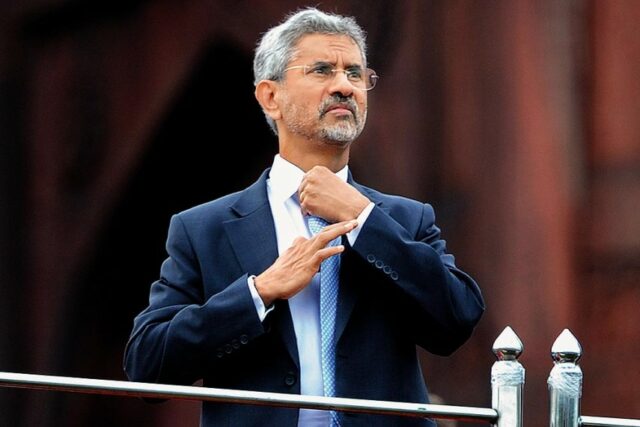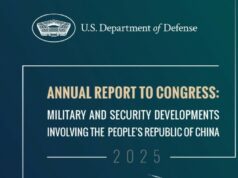
Hours before leaving for Singapore, External Affairs Minister S Jaishankar gave Australian CEOs and business leaders his sense of the world in the wake of Donald Trump’s victory.
The “re-ordering” of supply chains, which has been going on for some time, will accelerate, he said, indirectly alluding to Trump’s warning that he would tackle the challenge from China head on.
In semiconductors there is a deliberate effort at diversification of production, Jaishankar noted. The drive for AI will accelerate this, so digital platforms will become more pervasive but which platform to use will be the question.
There have been warnings that the world may split into two digital spheres, one led by the US and the other by China.
“These to my mind are the geopolitical factors we have to contend with and we can either sit back and watch it or resist it in some cases, but that decision is up to us,” Jaishankar said.
He cautioned that there would be “more geopolitical hedging with many more of us seeking more relationships to keep life stable.”
He said the world is becoming a more global integrated workplace given “demographic unevenness”. There would be economies where the demand for labour with skills and talent would be high.
Even the US under Trump will make a distinction between immigration and mobility. Economically justified mobility will have to be fostered while those with less will have to be managed, Jaishankar said.
Global workplace doesn’t mean only talent has to move, he said. Businesses will move as well.
“At the last count we had 1800 global capability centres in India, which between them generated $150 billion worth of exports,” he noted.
“We see this intensifying because the more digital the era, it will require more concentration of skills and talent. So whether talent goes to business or vice versa, that is a choice corporates have to make.”
“India’s perceives this as an opportunity because having missed the manufacturing bus in the 1990s and early 2000s, this reordering of supply chains will get us a second bite at the apple and this time around, starting with Apple we are doing better than earlier.”
In his view, “politics notwithstanding, the world will be greener, that while the pace of the greening of the economy will vary, we are taking a big bet on green hydrogen, green ammonia, we are thinking of green shipping, green corridors, electric mobility is already upon us. We are looking at bio-diesel, in fact we are pushing it strongly.”
On India he said, “It helps when you are re-elected, it helps when you are re-elected twice. We have got off to a fast start, we have done less than 150 days in the second term but we have taken some major decisions one of which is setting up 12 major industrial zones with a view to attracting global and domestic manufacturing.”
He pointed to the government doubling down on infrastructure spending because the private sector is yet to move on that score. Also, an internship scheme launched by the prime minister to promote stronger urban and rural growth.
Thirty eight years in journalism, widely travelled, history buff with a preference for Old Monk Rum. Current interest/focus spans China, Technology and Trade. Recent reads: Steven Colls Directorate S and Alexander Frater's Chasing the Monsoon. Netflix/Prime video junkie. Loves animal videos on Facebook. Reluctant tweeter.




